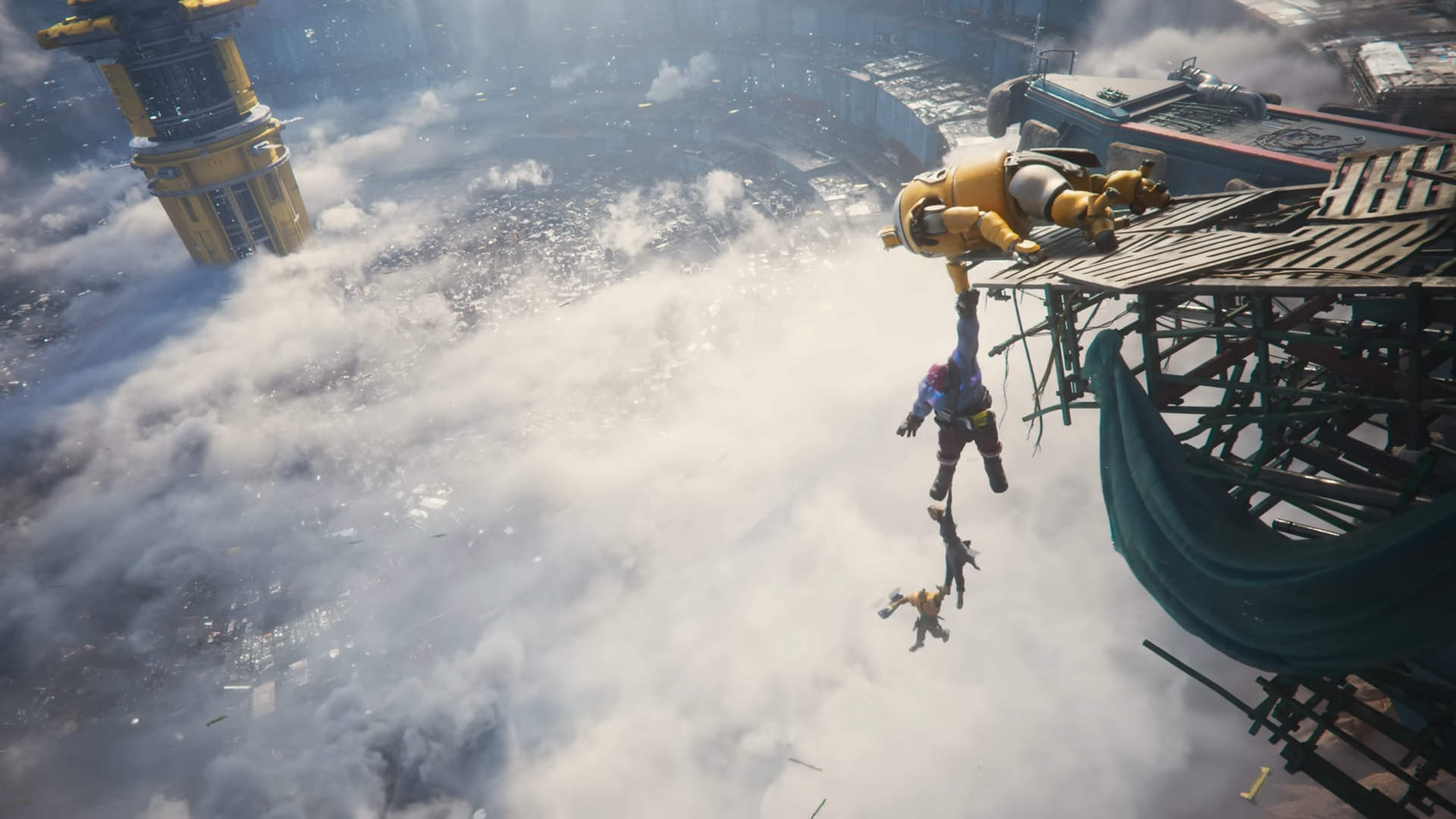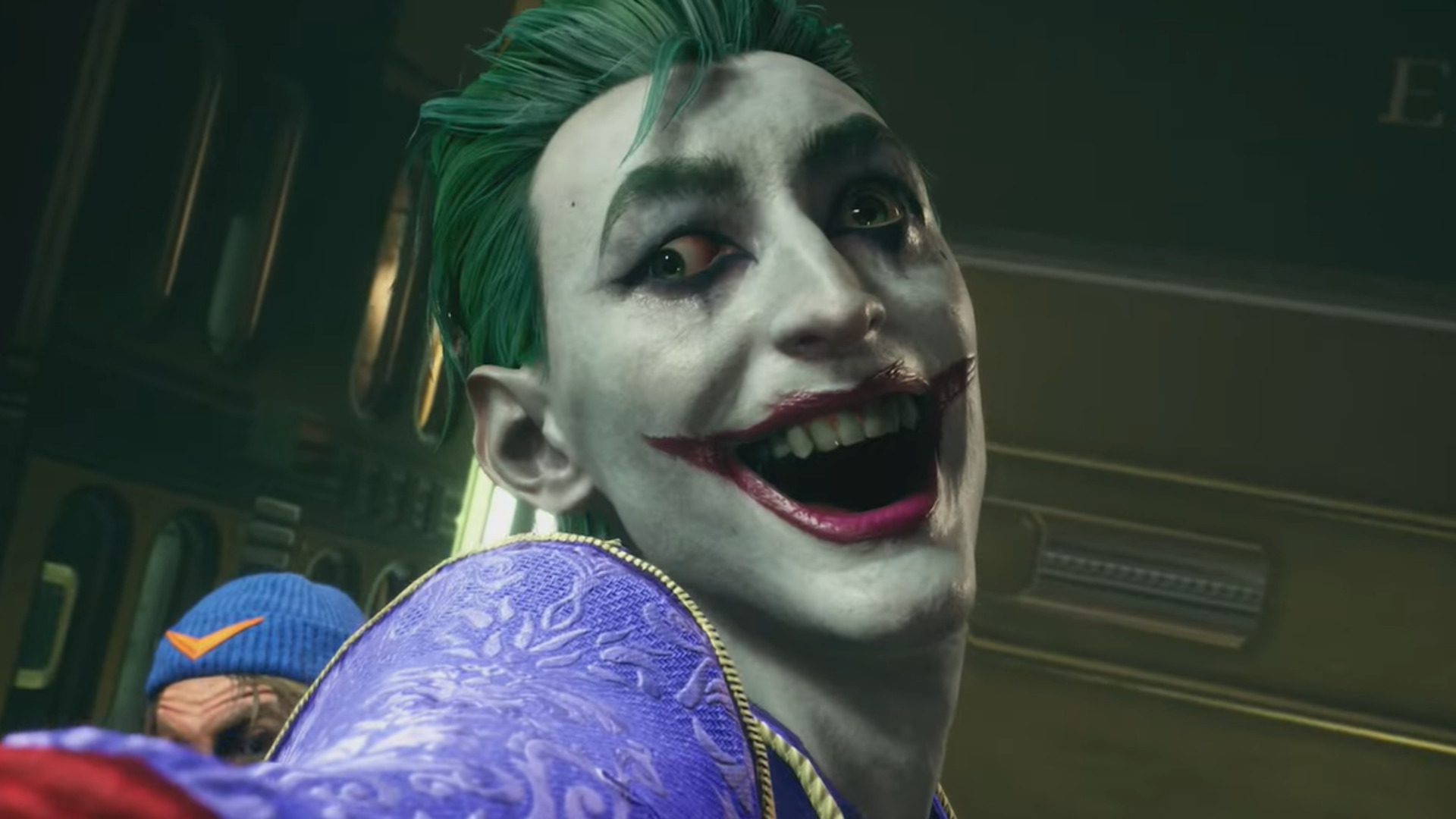
Concord is dead. After being in some form of development for eight years, Sony's first-party hero shooter lasted just 11 days before the announcement that it would be pulled from sale, with refunds handed out to anyone who purchased it. There's potential for it to return, but Concord remains the product of nearly a decade's work at the behest of the biggest company in the industry. It has next to nothing to show for it.
This should be an unprecedented disaster: a gaping black hole on Sony's 2024 balance sheet, a wholesale rejection of the company's live-service strategy, a failure to crack four figures in the game's concurrent player count on PC. But this isn't an unprecedented disaster, because in the past 12 months we've already seen this happen time and again.
In May 2023, Redfall launched to an abysmal reception that saw Steam concurrents peak at 1,500 players and rapidly dwindle into the double figures, before the abrupt closure of developer Arkane Austin. In February of this year, Suicide Squad: Kill the Justice League did notably better than that, but has still struggled to hold onto anything like the player count that developer Rocksteady would have hoped for to keep a live service game alive, a reception which has resulted in recent layoffs at that studio. Between those, Naughty Dog pulled the plug on The Last of Us multiplayer having spent four years developing it, unwilling to make the pivot to becoming the live-service studio it was worried it would have to be to keep that game alive.
The trend is obvious, but also easy to buck. In the midst of these failures-to-launch were two multiplayer games that went truly stratospheric. Palworld rose to temporarily become the second highest-played game in Steam history. Helldivers 2 has wavered in the face of its massive success, but is still drawing in more players on a random weekday months after release than Suicide Squad did at launch.
Failure to launch

There's no one reason for the success or failure of any of these games, but contributing factors abound. Redfall reportedly struggled to hold onto staff who'd joined Arkane keen to work on the immersive sims it was famous for, and launched in a very rough state. Suicide Squad was the unfortunate casualty of a poor initial reveal and general superhero fatigue. Concord's bland character design has taken a lot of flak for its poor reception, and Sony's somewhat lacklustre marketing campaign has clearly also failed to ignite players. But there's a core theme running through all of these big wins and losses.
The live service push exists because major studio executives want the guaranteed income streams that come with major hits. The likes of Fortnite, GTA Online, League of Legends and several more of the biggest multiplayer games out there literally print money for their owners, and major publishers want their own slice of the pie – a game that players continue to invest in long after they've paid the $60 entry fee.
The issue is that that pie was sliced up years ago, and now only a few morsels remain. If you're a regular player of Fortnite, GTA Online, or League of Legends, there are only so many hours in the day to play something you're already invested in, and it takes something special to get you to reinvest that sunk cost into a new game. Palworld and Helldivers were that something special - unique enough to avoid treading on the toes of an established juggernaut, cheap enough to encourage investment in the attention that unique twist brought them, and lucky enough to garner massive word-of-mouth support.
Elsewhere, Deadlock proves that even in the same genre space as Concord, there's room to be found for something new. Admittedly, Valve's new hero shooter hybrid comes packed with the pedigree of having been made by one of the best shooter studios in history and the benefit of a 'worst kept secret' marketing campaign, but its MOBA twist is evidence for the case that developers need to bring something new to the table, especially if they're bucking audience expectations. Space for a game like Redfall, or Kill the Justice League barely exists – and in the few crumbs of available room, the appetite for those studios to produce a game that isn't a new Dishonored or Arkham title seems pretty limited.
The simple fact is that the live service boom of the mid-to-late 2010s is all but over, and the early 2020s push to recapture that boom has all but failed. Of the five games at the top of Twitch right now, only one - Valorant - came out this decade. The same is true of the biggest multiplayer games on Steam, where only Naraka: Bladepoint has cracked the top five. Yet Sony and Microsoft persist in their attempts to capture an audience that has already been captured, and then, after years of development for games that don't have a market, are shocked when their huge investments fail within weeks, if not days. Sony was thought to have 12 live service games in development not that long ago. That number eventually fell to six releases by 2026 as it became clear that the interest simply wasn't there. With a few of those games still out there - most notably Bungie's Marathon - I just hope there's enough time for those studios to adapt their approach into something that will actually shore up their futures.
Perhaps it deserved better - our Concord review says it's "by no means a disaster and has the potential to grow into a compelling hero shooter."








